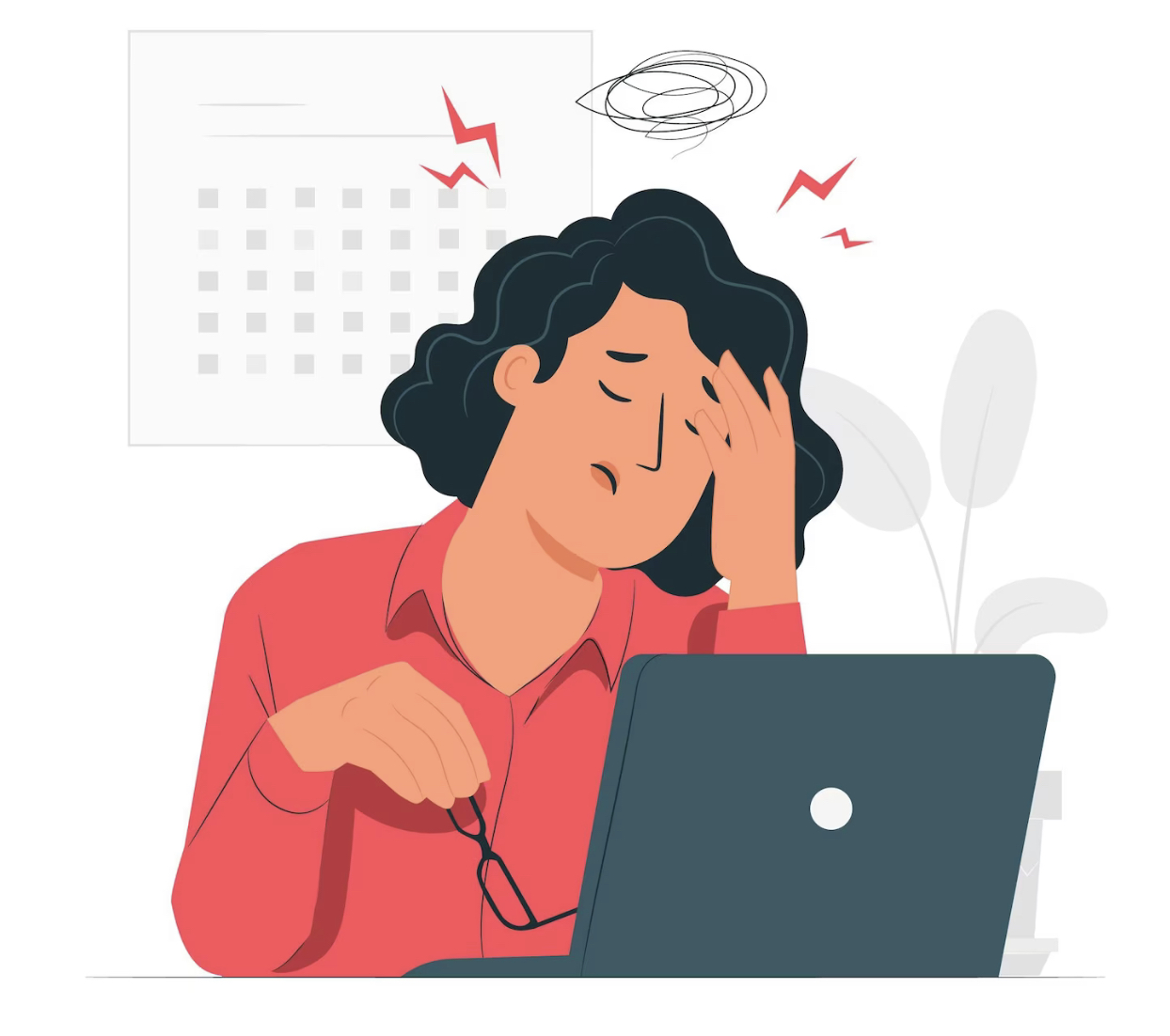STRESS

Stress is a common experience that most people encounter at various points in their lives. It can be caused by a wide range of factors, such as work pressure, personal relationships, financial difficulties, or major life changes. While some stress can be beneficial and motivate individuals to perform better, excessive or chronic stress can have negative effects on both physical and mental well-being. Here are a few key points to understand about stress and some simple strategies to manage it:
1. What is stress?
Stress is the body's natural response to perceived threats or challenges. When faced with a stressful situation, the body releases stress hormones, such as cortisol and adrenaline, which trigger a "fight-or-flight" response. This response prepares the body to either confront the stressor or escape from it.
2. Types of stress:
There are two main types of stress: acute stress and chronic stress. Acute stress is short-term and often related to immediate pressures or demands. It is usually manageable and subsides once the situation is resolved. Chronic stress, on the other hand, is long-term and persists over an extended period. Chronic stress can have a cumulative effect and may lead to various health issues if left unaddressed.
3. Effects of stress:
Prolonged or excessive stress can impact both physical and mental health. Physical symptoms may include headaches, muscle tension, fatigue, digestive issues, and weakened immune system. Mentally, stress can lead to anxiety, irritability, difficulty concentrating, sleep disturbances, and a decreased sense of well-being.
4. Stress management strategies:
There are several effective techniques to manage stress. Here are a few simple ones you can try:
- Practice relaxation techniques: Deep breathing exercises, meditation, and progressive muscle relaxation can help calm the mind and relax the body.
- Engage in physical activity: Regular exercise can reduce stress levels and promote the release of endorphins, which are natural mood boosters.
- Establish a support network: Seek emotional support from friends, family, or support groups. Sharing your feelings and concerns can provide relief and different perspectives.
- Prioritize self-care: Make time for activities you enjoy, such as hobbies, reading, listening to music, or spending time in nature. Taking care of your physical and mental well-being is crucial.
- Practice time management: Organize your tasks and set realistic goals to avoid feeling overwhelmed. Break larger tasks into smaller, manageable steps.
Remember, it's important to identify and address the sources of stress in your life. If stress becomes overwhelming and begins to significantly affect your daily functioning, consider seeking support from a mental health professional who can provide guidance and additional coping strategies.

